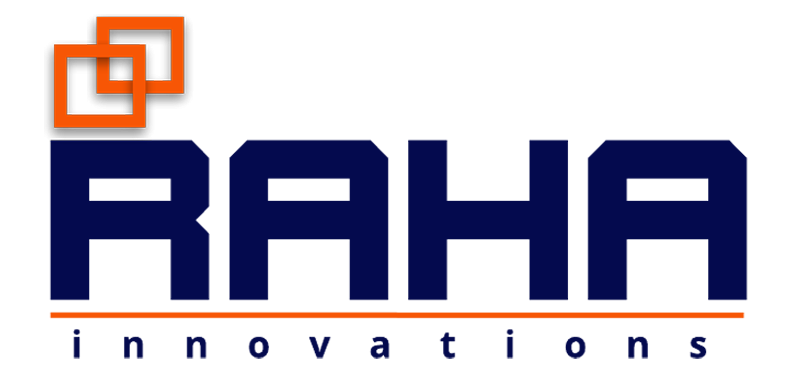In the ever-evolving landscape of artificial intelligence, two titans are currently fighting for dominance: Meta’s Meta AI and Google’s Gemini. In the mid june-2024, both companies launched a massive campaign to capture the attention of a global audience. But in this high-stakes race, who will come out on top? Let’s break down the contenders and their strategies.
Meta AI: Leveraging Social Content and Seamless Reach
Meta AI stands poised with a distinct advantage: access to an unparalleled wealth of social content through Facebook. This vast repository of data enables Meta AI to craft deeply personalized and contextually rich user experiences. In addition to this robust data set, Meta AI benefits from Facebook’s extensive global reach. Any new feature or update can be swiftly delivered to its massive user base.
Moreover, Meta owns WhatsApp, one of the most widely used messaging platforms in the world. WhatsApp’s seamless functionality and widespread adoption make it an ideal channel for Meta AI to engage directly with users, ensuring that any new features or updates are effortlessly accessible.
Google’s Gemini: Harnessing Web-Scraped Data and Multi-Platform Strategy
On the other side of the ring, we have Google’s Gemini. While Gemini relies primarily on web-scraped content, Google’s vast ecosystem provides a formidable foundation. Google can reach users through multiple platforms, including Android, Chrome, and Google Search, and the knowledge of legality around this subject. However, this multi-platform strategy also presents unique challenges.
As AI continues to evolve, traditional web searches might decline, potentially impacting Google’s ability to push new features and train users. This shift in user behavior could make it more difficult for Google to maintain its dominance.
The Role of RCS: Google’s Bet on Rich Communication Services
In an effort to enhance user engagement, Google has embraced Rich Communication Services (RCS), the next generation of SMS. RCS offers richer communication experiences, but its success hinges on adoption by telecom vendors and target countries. Unfortunately, RCS is still gaining traction, and not all telecom vendors support it. Additionally, users may not be familiar with RCS, and it faces challenges related to network capabilities and interoperability.
The WhatsApp Advantage: Meta AI’s Seamless Connectivity
In contrast, WhatsApp doesn’t face these challenges. Its widespread adoption and user-friendly interface make it an incredibly effective tool for Meta AI. WhatsApp’s ability to reach a vast audience without the limitations of RCS ensures that Meta AI can maintain a strong connection with its users.
The Broader Implications: Telecom vs. OTT Services
This intense competition between Meta AI and Google’s Gemini could have far-reaching implications, potentially escalating into a broader conflict between telecom companies and over-the-top (OTT) service providers. As both AI suites vie for dominance, the methods and channels they use to reach and engage users will play a critical role in determining the outcome.
Conclusion: Who Will Prevail?
The battle between Meta AI and Google’s Gemini is not just about who has the better AI. It’s also about who can more effectively reach and engage with users. Meta AI’s advantage lies in its vast social content and seamless reach through WhatsApp, while Google’s strength is its multi-platform strategy and innovative use of RCS.
As the competition unfolds, one thing is certain: the landscape of AI and user engagement is changing rapidly. Whether Meta AI’s extensive reach and rich data set will prevail or Google’s diverse ecosystem and RCS push will win out remains to be seen. One thing is for sure—this AI battle royale will be one to watch.
Stay tuned as we continue to monitor this exciting competition and its implications for the future of AI and technology.
Parasa Kiran has a diverse skill set and a successful track record in driving innovation and delivering impactful solutions across various domains, particularly in rule engines, AI, telecom, Messaging and web technologies

